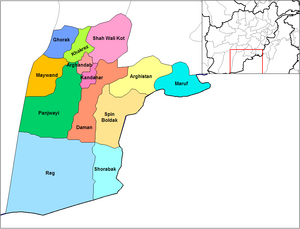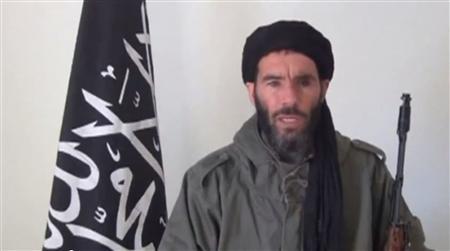BAGHDAD, Jan. 17 (Xinhua) -- At least five people were killed and some 27 wounded in two car bomb attacks in two towns south of the Iraqi capital Baghdad on Thursday, the police said.
In one of the attacks, at least five people were killed and 10 wounded when a car bomb went off near al-Qasim Football Stadium in the southern part of Hilla city, the capital of Babil province, some 100 km south of Baghdad, an Interior Ministry source told Xinhua on condition of anonymity.
Another car bomb detonated at a parking lot near the Shiite holy mausoleum of Imam Uon, just north of the holy city of Karbala, some 110 km southwest of Baghdad, a local police source anonymously told Xinhua. The blast wounded 17 people, including four Pakistani Shiite pilgrims, the source said.
The attacks apparently are part of car bombings that struck the Iraqi cities on Thursday morning, as the police reportedly said earlier that twin car bombings hit the town of Dujail, killing at least seven people and wounding 25 others. Violence and sporadic high-profile bomb attacks are still common in the Iraqi cities despite the dramatic decrease in violence since its peak in 2006 and 2007, when the country was engulfed in sectarian killings.
from XINHUA
2013-01-17 16:19:51
Editor: Lu Hui
In one of the attacks, at least five people were killed and 10 wounded when a car bomb went off near al-Qasim Football Stadium in the southern part of Hilla city, the capital of Babil province, some 100 km south of Baghdad, an Interior Ministry source told Xinhua on condition of anonymity.
Another car bomb detonated at a parking lot near the Shiite holy mausoleum of Imam Uon, just north of the holy city of Karbala, some 110 km southwest of Baghdad, a local police source anonymously told Xinhua. The blast wounded 17 people, including four Pakistani Shiite pilgrims, the source said.
The attacks apparently are part of car bombings that struck the Iraqi cities on Thursday morning, as the police reportedly said earlier that twin car bombings hit the town of Dujail, killing at least seven people and wounding 25 others. Violence and sporadic high-profile bomb attacks are still common in the Iraqi cities despite the dramatic decrease in violence since its peak in 2006 and 2007, when the country was engulfed in sectarian killings.
from XINHUA
2013-01-17 16:19:51
Editor: Lu Hui
















 Washington Time
Washington Time Kabul Time
Kabul Time London Time
London Time







